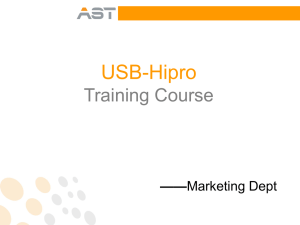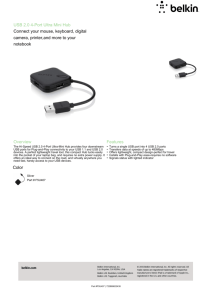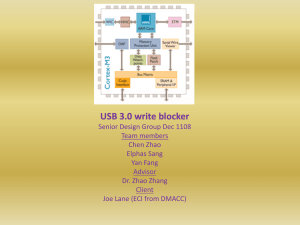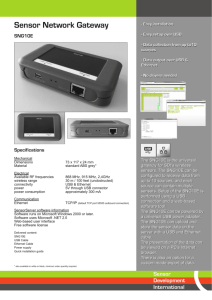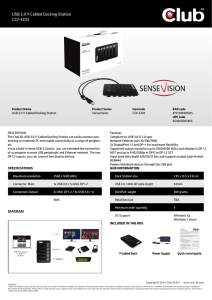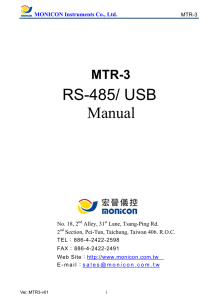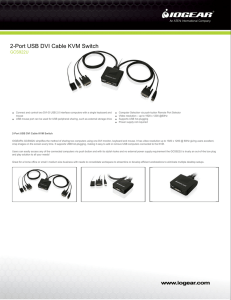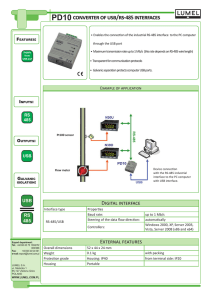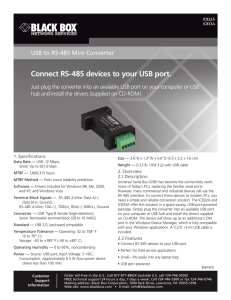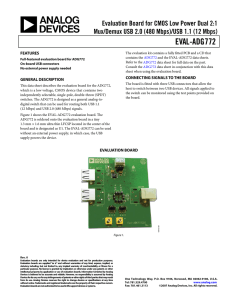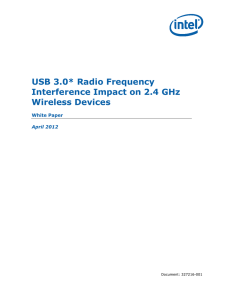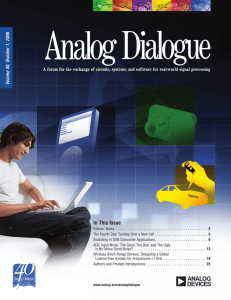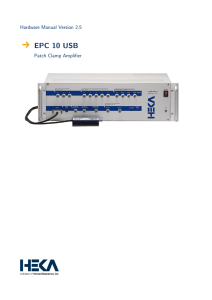App By Bob Briano, Marketing & Applications Manager
advertisement
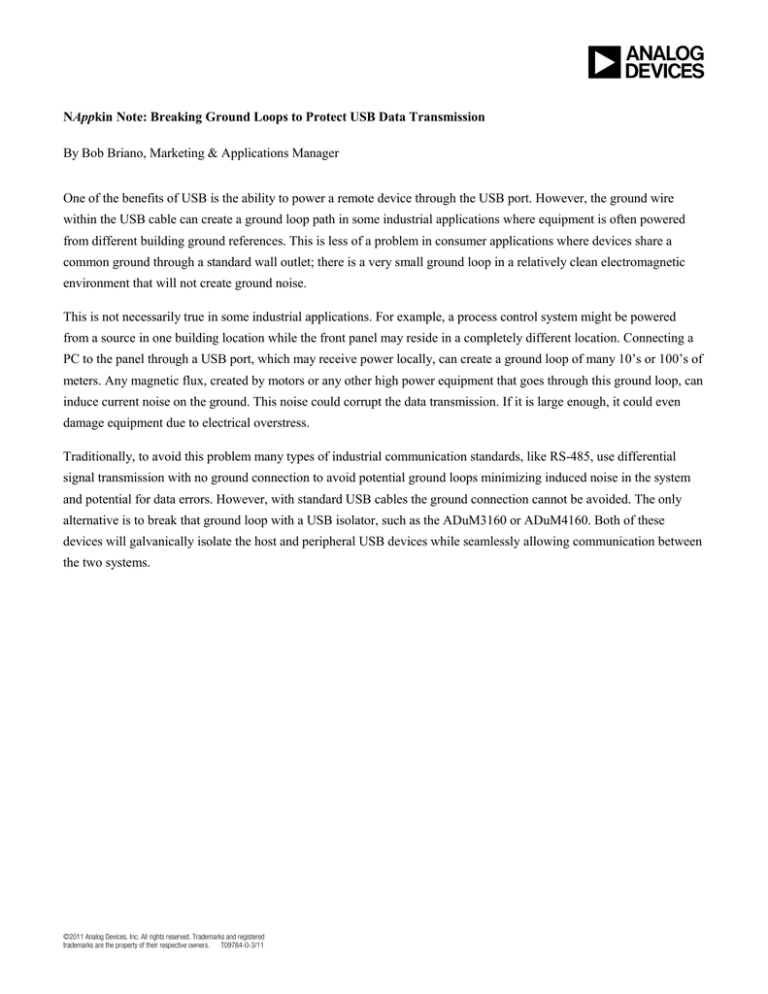
NAppkin Note: Breaking Ground Loops to Protect USB Data Transmission By Bob Briano, Marketing & Applications Manager One of the benefits of USB is the ability to power a remote device through the USB port. However, the ground wire within the USB cable can create a ground loop path in some industrial applications where equipment is often powered from different building ground references. This is less of a problem in consumer applications where devices share a common ground through a standard wall outlet; there is a very small ground loop in a relatively clean electromagnetic environment that will not create ground noise. This is not necessarily true in some industrial applications. For example, a process control system might be powered from a source in one building location while the front panel may reside in a completely different location. Connecting a PC to the panel through a USB port, which may receive power locally, can create a ground loop of many 10’s or 100’s of meters. Any magnetic flux, created by motors or any other high power equipment that goes through this ground loop, can induce current noise on the ground. This noise could corrupt the data transmission. If it is large enough, it could even damage equipment due to electrical overstress. Traditionally, to avoid this problem many types of industrial communication standards, like RS-485, use differential signal transmission with no ground connection to avoid potential ground loops minimizing induced noise in the system and potential for data errors. However, with standard USB cables the ground connection cannot be avoided. The only alternative is to break that ground loop with a USB isolator, such as the ADuM3160 or ADuM4160. Both of these devices will galvanically isolate the host and peripheral USB devices while seamlessly allowing communication between the two systems. ©2011 Analog Devices, Inc. All rights reserved. Trademarks and registered trademarks are the property of their respective owners. T09784-0-3/11
